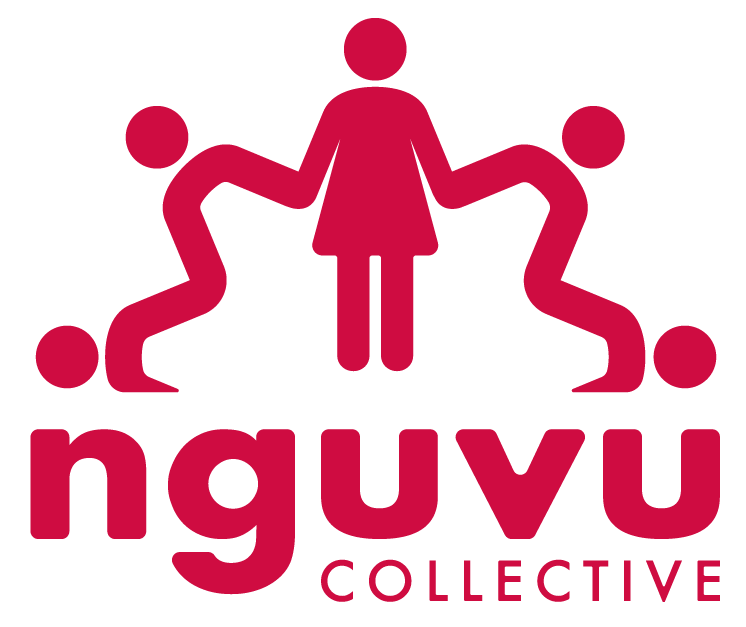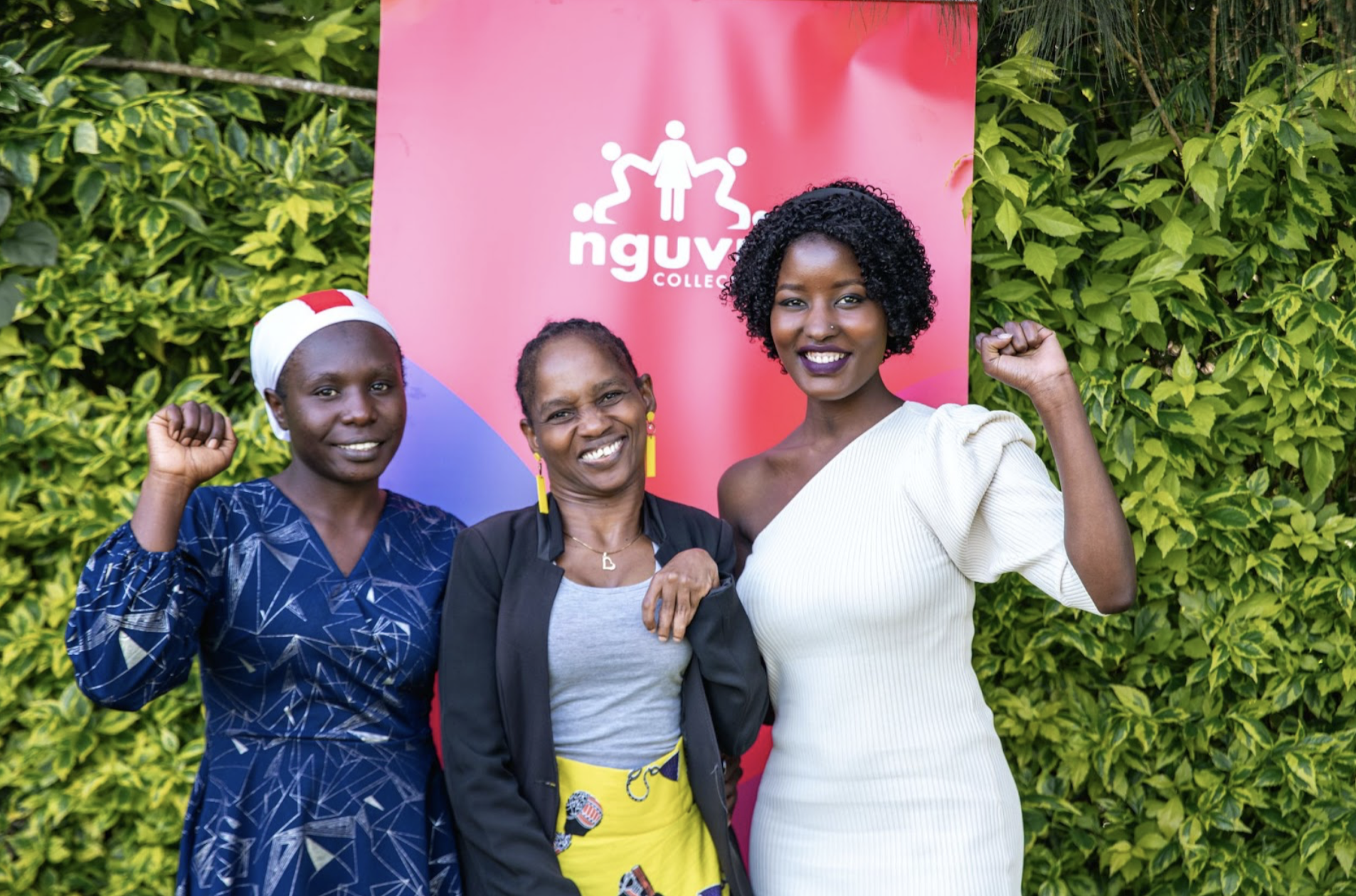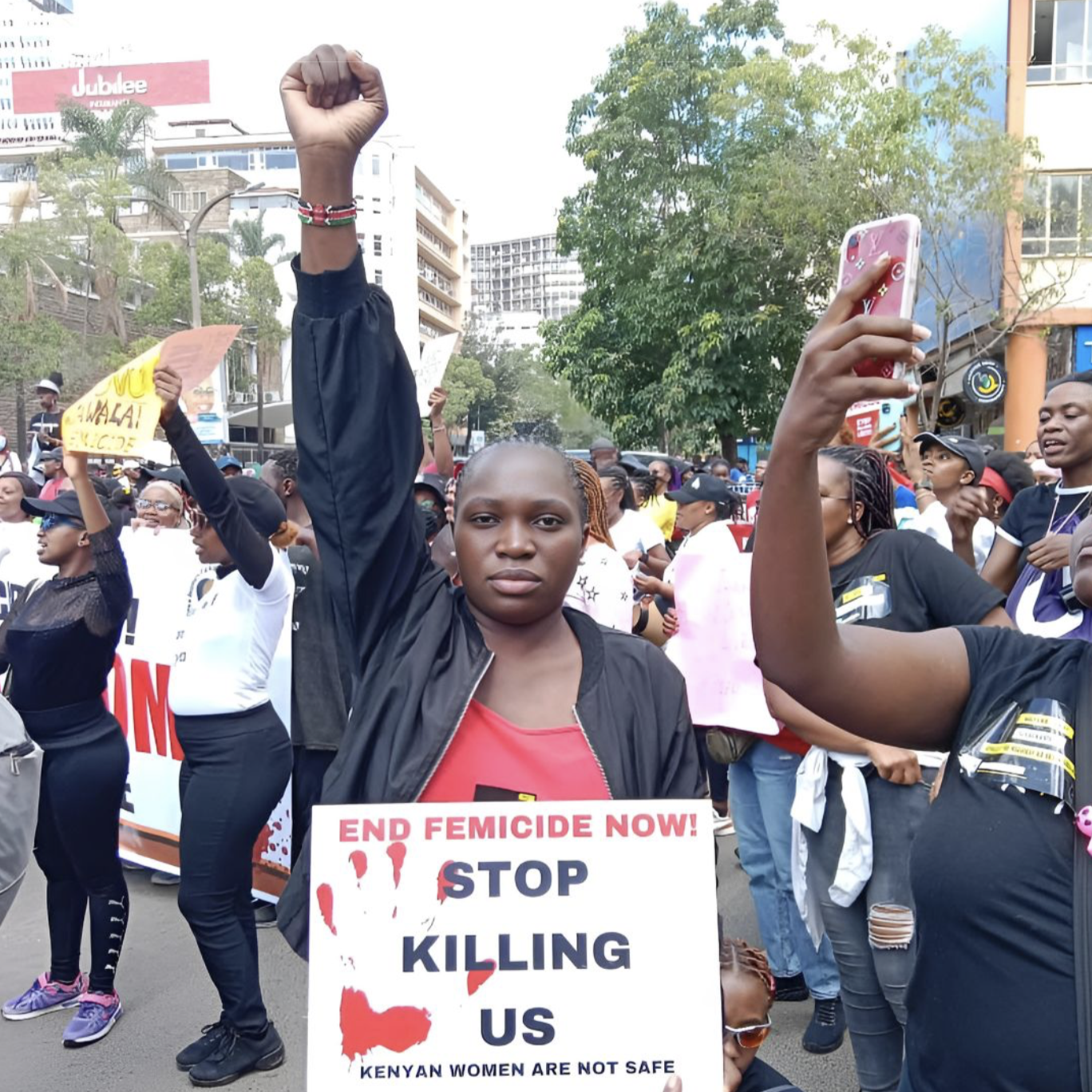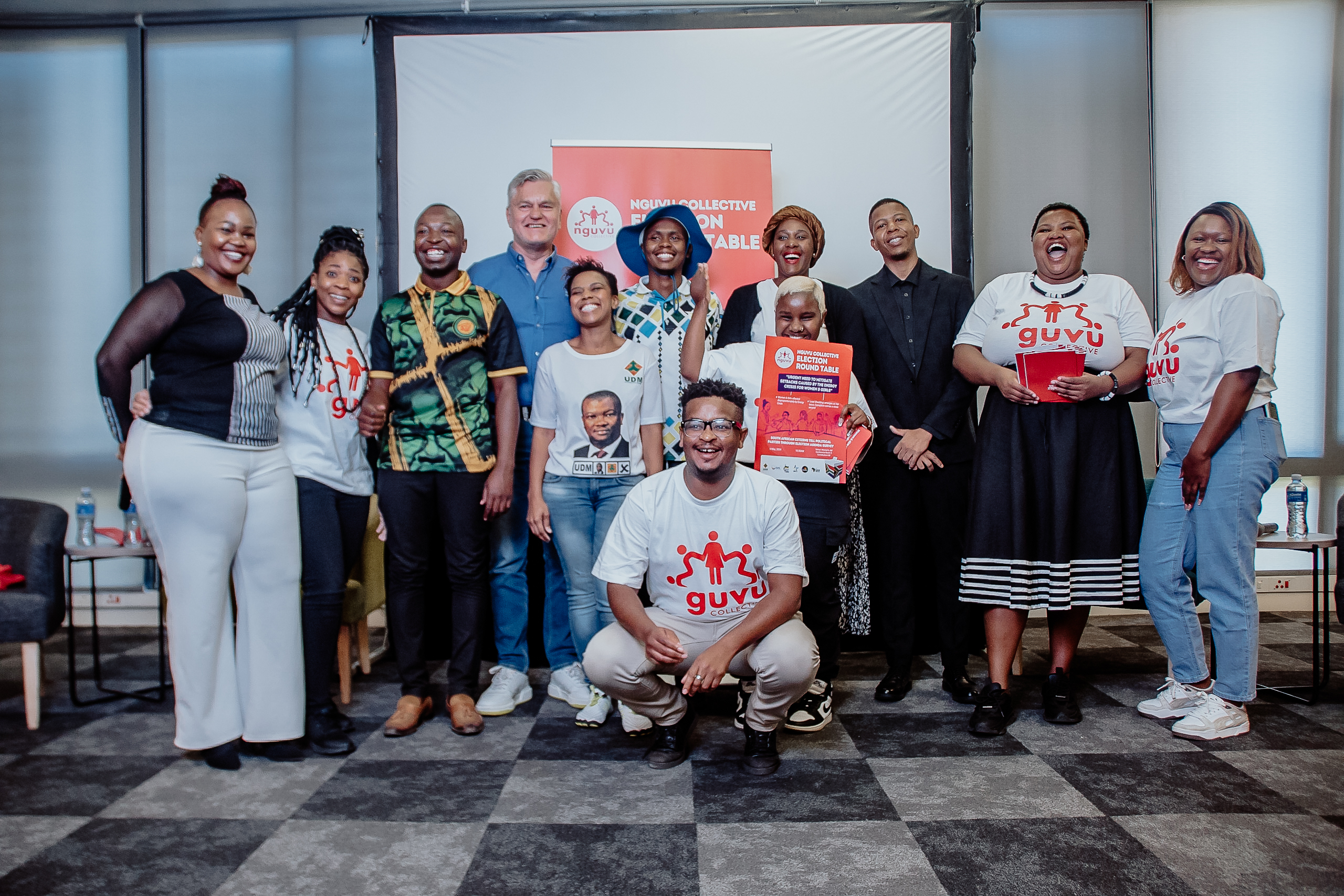
In anticipation of the South African general elections in May 2024, the campaigns team at Nguvu Collective saw an opportunity to amplify the voices of Change Leaders and influence political discourse. During the January Campaign Weekly Meeting, the team brainstormed strategies to harness the elections as a moment for Change Leaders to express public demands and capture the attention of political parties. The solution was to empower Change Leaders to conduct a comprehensive survey, gathering people’s demands to create a compelling foundation for dialogue with party representatives.
Throughout February 2024, efforts focused on mobilizing interested Change Leaders, setting up meeting schedules, finalizing the survey tool, and analyzing preliminary findings. By March, the team refined the analysis, developed communication plans, reached out to media partners, and created infographics to share with stakeholders, including media, political parties, and the public on social media.
As the election season heated up in April and May 2024, Change Leaders, with Nguvu Collective’s support, published a comprehensive report outlining key election demands from the populace. This report, shared widely on social media and in the media, was presented to political party representatives, aiming to ensure that the voices of ordinary South Africans were heard.
The report titled “Women & Girls affected disproportionately by Energy Crisis, Corruption & Crime” encapsulated the top five issues identified by 3,377 respondents from all nine provinces of South Africa. The pressing concerns included load shedding (85%), corruption (83%), crime (80%), youth unemployment (61%), and infrastructure (37%). Other significant issues highlighted were healthcare, education funding, gender-based violence and femicide (GBVF), food security, and the immigration crisis.
During a pivotal round table in May, six party representatives were presented with these findings. The round table, attended by nine Change Leaders, was an opportunity for in-depth discussions about the issues raised in the report. Change Leaders led these conversations with evidence-based arguments and compassionate narratives, effectively engaging the representatives and opening their minds to the urgent needs of the people.
Prominent Change Leaders like Onalerona Seane, Keisha Jacobs, Molebogeng Tema, Asisipho Mvana, Sisipho Khumbuza, Yongama Zigebe, Zodwa Msane, Nompumelelo Moshoeshoe, and Thomas Mofolo played integral roles throughout the process. They were involved in designing the survey, circulating it across all provinces via WhatsApp, social media, and email, and actively participating in the round table discussions.
This collective action during the election period not only highlighted public demands but also showcased the power of Change Leaders as a bridge between the people and political representatives. The experience boosted the confidence of the Change Leaders, motivating them to disseminate the report’s findings and engage in future collaborations.
Nguvu Collective played a crucial role in facilitating this engagement, from seeding ideas to holding online meetings, and assisting in the survey’s analysis and design. The support enabled Change Leaders to adapt to new challenges and seize opportunities, reinforcing their collective power and potential.
The need for sustained engagement with political parties and decision-makers remains critical. Co-creating opportunities for collaboration between Change Leaders and those in authority can be a unique and ongoing offering from Nguvu Collective. By matching the strengths of Change Leaders with specific tasks and tactics, such as hosting events and curating discussions, their capabilities are showcased to a wider audience, including potential allies and decision-makers.
Supporting Change Leaders in engaging politicians in various ways—beyond protesting or challenging authority—can shift narratives constructively. The evidence-based and compassionate approach at the round table event demonstrated this, making representatives more receptive and viewing Nguvu Collective and its Change Leaders as valuable partners and experts for future consultations.
